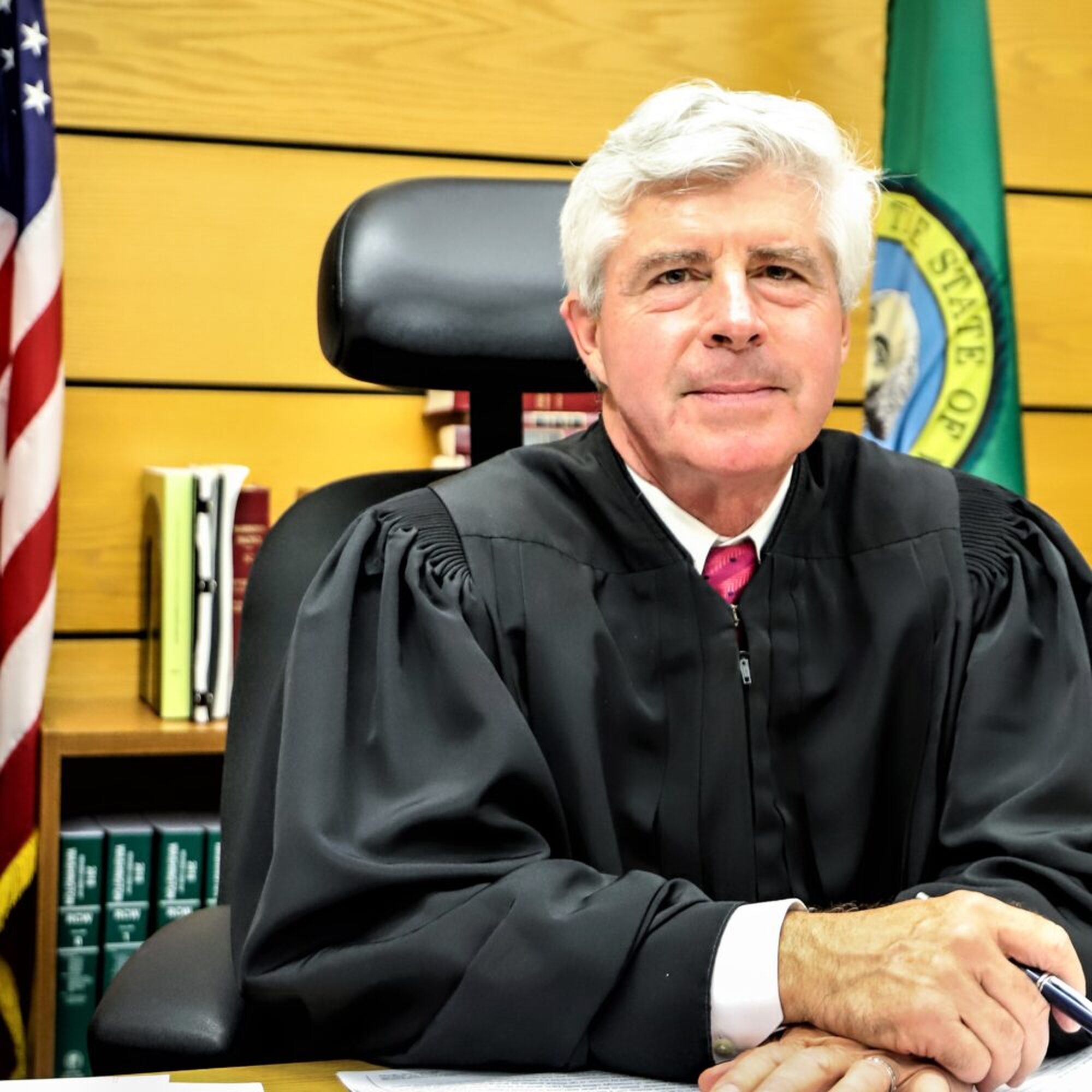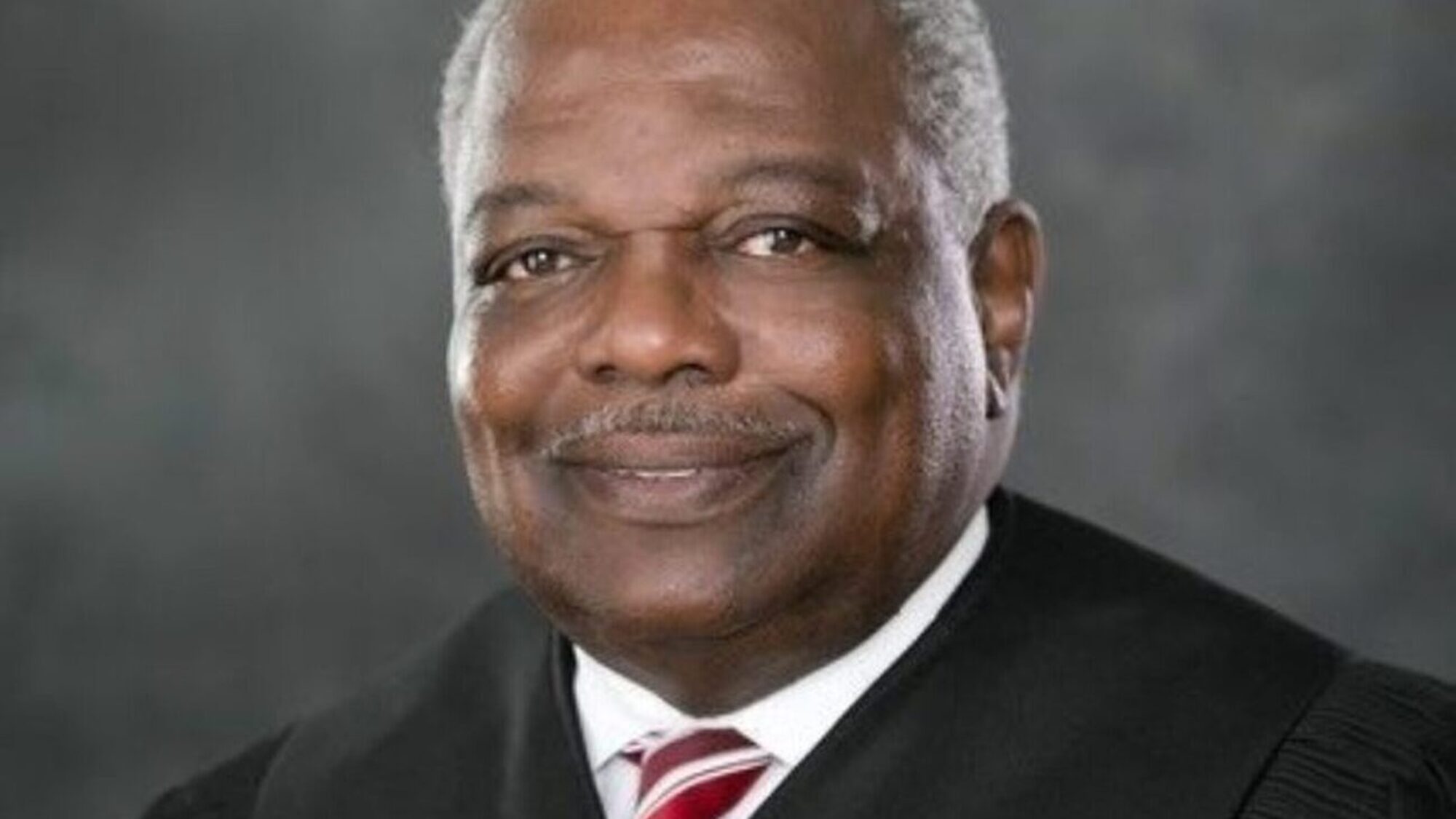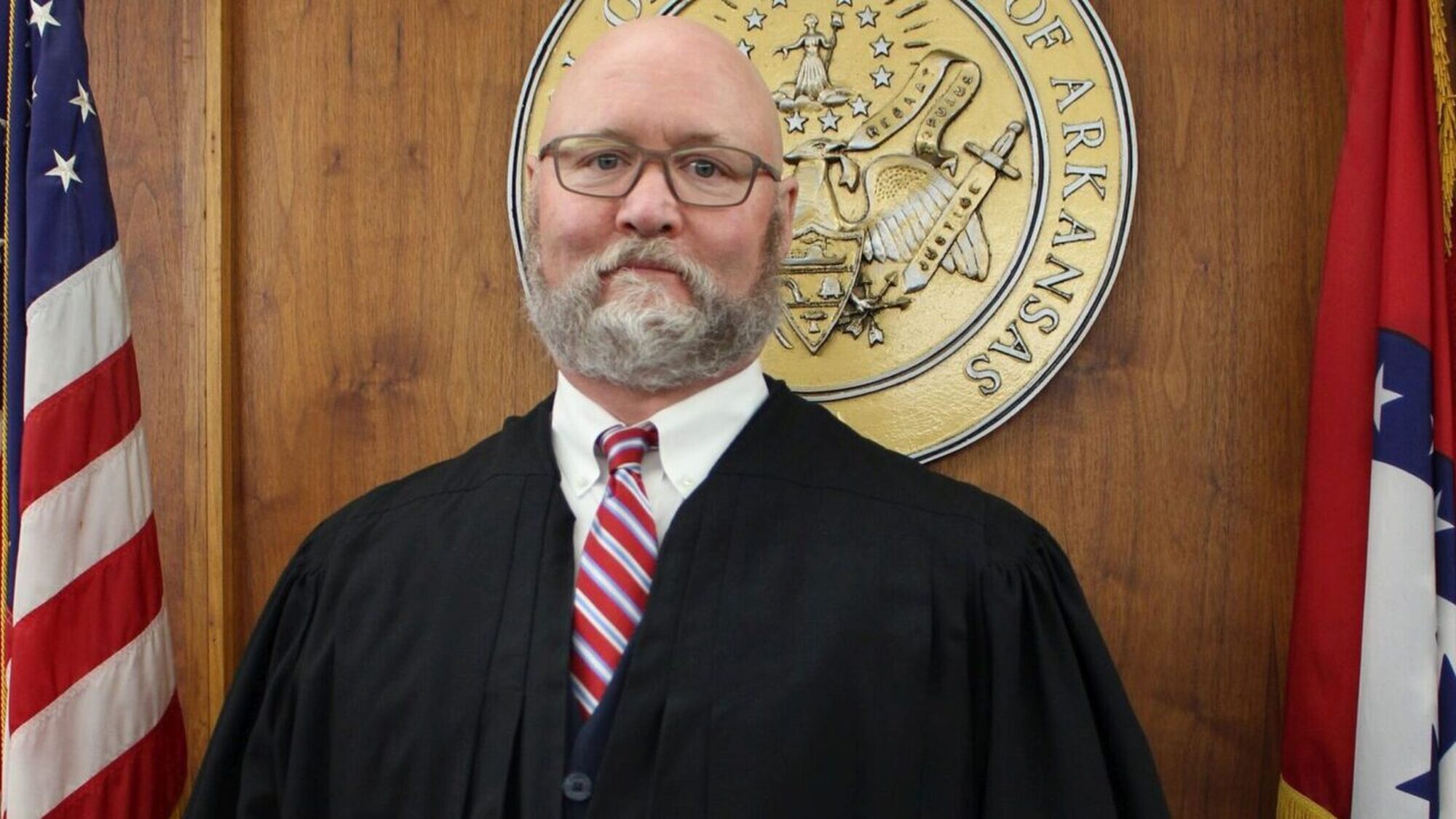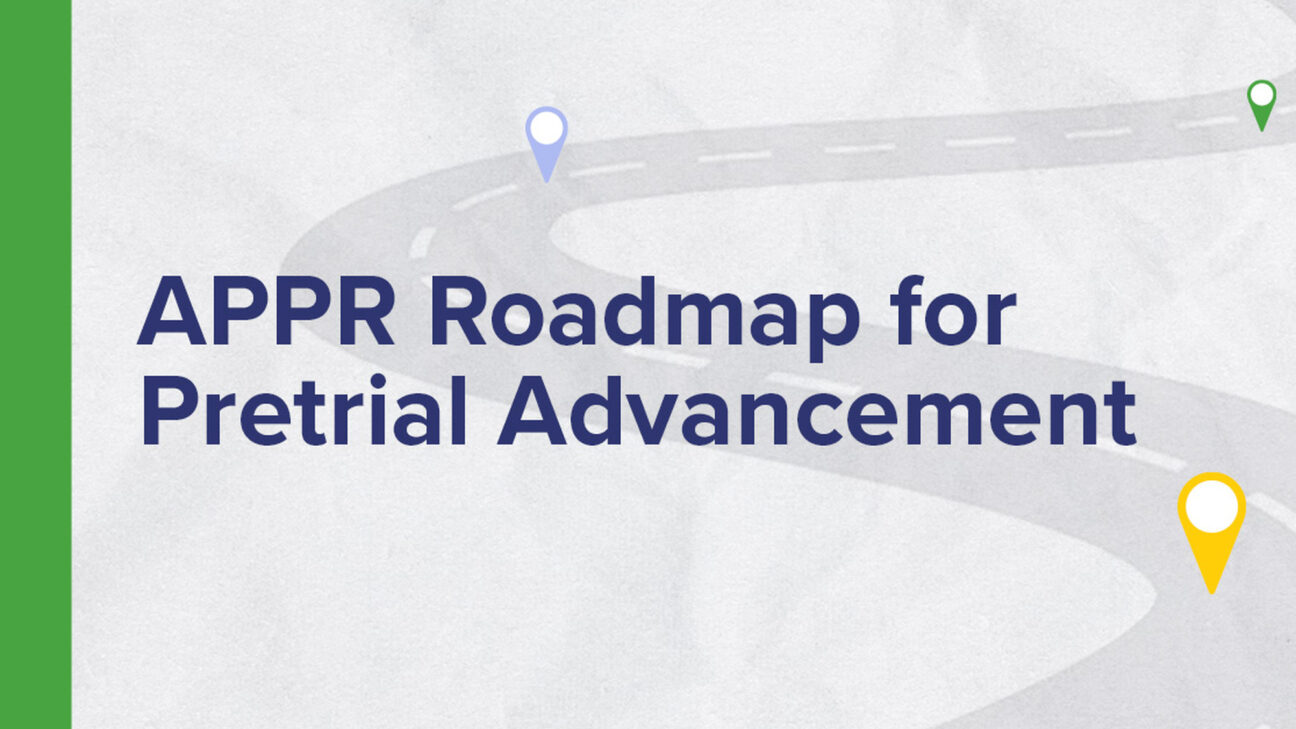Judge Stanley Rumbaugh of Pierce County, Washington, describes how a shared vision guides a collaborative team of local stakeholders committed to advancing pretrial justice.
APPR: How have the vision, mission, and values that you all agreed upon helped shape the work you have undertaken over the past year?
Judge Rumbaugh: We’ve tried to remain true to our values and have used the mission statement to anchor our discussions and decisions as we’ve addressed the turmoil caused by the pandemic. It’s fair to say that the vision, mission, and values statements have been anchoring principles that we revisit to make sure that we’re not getting lost in the weeds.
We are considering implementing policies guided by empirical data and research that support our thinking about pretrial conditions and what those conditions should be. We are doing that in a way that is true to our values and the values we have communicated to our stakeholders. Everyone isn’t coming to the same understanding at the same time. Some people are more reluctant, for example, to accept that the presumption is release, even with serious crimes. But if you value the rule of law, you have to stick to it, and that can result in some very serious pushback or criticism. For me, it feels good to uphold values that I was a part of developing and to not abandon them even under difficult circumstances.
APPR: Reflecting on the work the team has undertaken thus far, describe one “aha” moment?
Judge Rumbaugh: I’ve learned a lot. Some of the research we’ve reviewed and data we’ve analyzed about pretrial release resulted in a macro “aha” moment: that we can safely release a far greater number of people pretrial than we previously believed. And by “safely,” I mean people on pretrial release are not a danger to the community, they aren’t going to flee, they are likely to attend their court hearings, and they aren’t going to engage in witness intimidation or tampering or mess with the evidence. Those are the reasons you hold people.
There are always outliers because we are involved in human endeavors, and you can’t predict with 100 percent certainty human behavior. But my “aha” moment was that you can make informed pretrial release decisions to a far greater degree than I previously thought possible when you consider data and other information.
APPR: How has the COVID-19 pandemic challenged your policy team’s work?
Judge Rumbaugh: It has been an extraordinary year. COVID-19 challenged us to depart from our earlier, more restrictive pretrial practices. We adapted—by necessity—an early release process, certainly for nonviolent felonies. The prosecutor is not charging class C felonies right now. And, because correctional officers want to safely release people from our jail to prevent the spread of infection, our daily jail population dropped from 1,100 pre-COVID to just under 600.
It also changed our monthly collaborative policy team meetings. Now, members share updates on new or ongoing impacts of pretrial processes implemented as a result of the pandemic. It has challenged our thinking in ways that are hard to believe.
APPR: How has working collaboratively with system stakeholders and community partners informed identifying opportunities for improvement in your jurisdiction?
Judge Rumbaugh: Working collaboratively has allowed us to understand the challenges our system partners have. We understand better why there may be reluctance to consider specific policy changes. Collaboration has fostered a greater interpersonal understanding. As a team, we have a much better working relationship and understanding that benefits all of us.
We are now in the process of expanding community engagement. We want to bring victims’ voices onboard. We would like to engage members of the Black and Latino communities. Having those voices at the table will lead to a better-informed decision-making process.
APPR: What are you looking to accomplish in the coming year of this initiative?
Judge Rumbaugh: We hope to have more community voices working with us in the coming year. We are working to implement the Public Safety Assessment and finalize our metrics. We are developing a communications strategy so our community has a better understanding of pretrial justice. And we continue gathering data to analyze the impact our pretrial release decisions have on court appearances and criminal activity. We have also agreed to have the W. Haywood Burns Institute analyze our data to help us identify and address racial disparities.
APPR: What are some of the lessons you’ve learned over the last year that you would share with other jurisdictions?
Judge Rumbaugh: Stay with it! You have to be persistent. I have come to greatly appreciate the value of this work to the greater community.
There was a study by the Federal Reserve that found around 40 percent of the people surveyed would not be able to accommodate an emergency or unexpected $400 bill without borrowing money from friends or not paying some of their other bills. Four hundred dollars.
When people are living paycheck to paycheck, an income interruption can very easily cause them to lose their housing. When you lose your housing, kids have a hard time continuing in schools. You have food insecurity. Their lives unravel fast.
We need to be very thoughtful about pretrial decisions and understand the impact pretrial detention has on people’s lives.
When we’re making release decisions…making pretrial determinations about conditions of release…I and many of my colleagues recognize we need to be thoughtful about public safety but also understand that the presumption is release, not detention.





